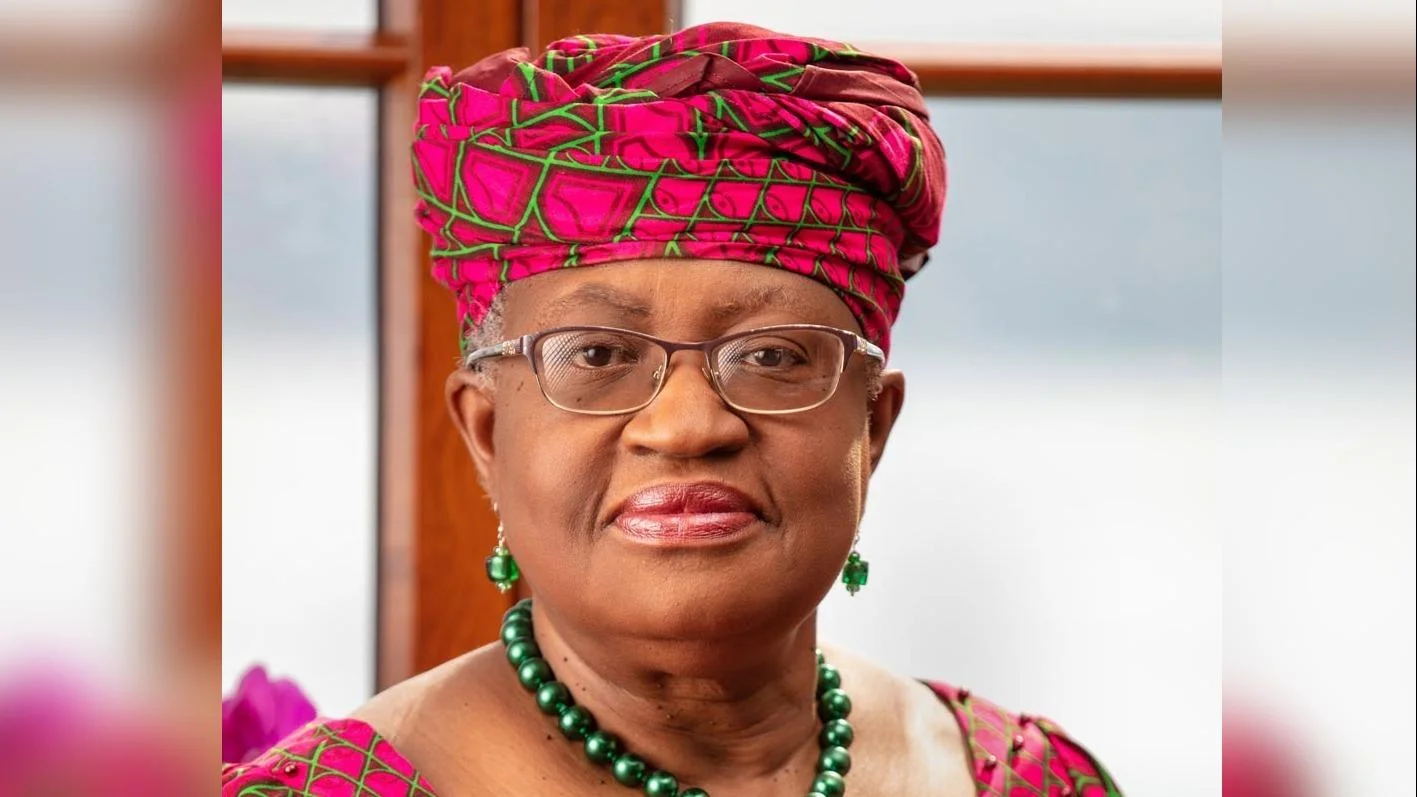Zambia has formally accepted the World Trade Organization's (WTO) Agreement on Fisheries Subsidies, marking a significant step toward the agreement's implementation. WTO Director-General Ngozi Okonjo-Iweala expressed gratitude to Zambia for its participation, stating: "Turning the Agreement on Fisheries Subsidies into real benefits for people and the planet is a global endeavour, and I am grateful to Zambia, as a landlocked country, for stepping up and doing its part. With Zambia's ratification, we are now closer than ever to adding the Agreement to the WTO rulebook and only six ratifications away from breaking new ground in protecting livelihoods, food security and restoring marine fish stocks."
Ambassador Luambia of Zambia commented on the importance of this development: "Zambia is very pleased to be part of the first 105 signatories and part of the 111 ratifications that will bring the Agreement on Fisheries Subsidies into force. As a landlocked country, Zambia understands the importance of the Agreement on Fisheries Subsidies in sustaining marine fish stocks and promoting fair trade to support livelihoods, particularly for those in small scale fishing. Zambia believes that the entry into force of this Agreement will further strengthen the rules-based multilateral trading system, with the World Trade Organization at the centre."
For this agreement to become effective, two-thirds of WTO members must formally accept it. This represents 111 members in total. The list of 105 WTO members who have already deposited their instruments of acceptance is available online.
The agreement was adopted by consensus at the WTO's 12th Ministerial Conference (MC12) held in Geneva in June 2022. It establishes binding multilateral rules aimed at curbing harmful fisheries subsidies by prohibiting subsidies for illegal, unreported, and unregulated fishing; fishing overfished stocks; and fishing on unregulated high seas.
Additionally, ministers acknowledged the needs of developing economies and least-developed countries by creating a fund to provide technical assistance and capacity-building support for implementing these new obligations.
The Fish Fund has launched a Call for Proposals inviting developing economies and LDCs that have ratified the agreement to submit project grant requests aimed at helping them implement it. Further negotiations continue among WTO members regarding remaining fisheries subsidies issues with an objective to reach consensus on additional provisions.
Details about how members can accept the Protocol of Amendment are available online.

